Religious discrimination bill: what’s at stake and where the Coalition, Labor stand
At the last election, Scott Morrison promised to legislate religious protections this term. Time is running out for the Coalition, and the Prime Minister, to deliver.
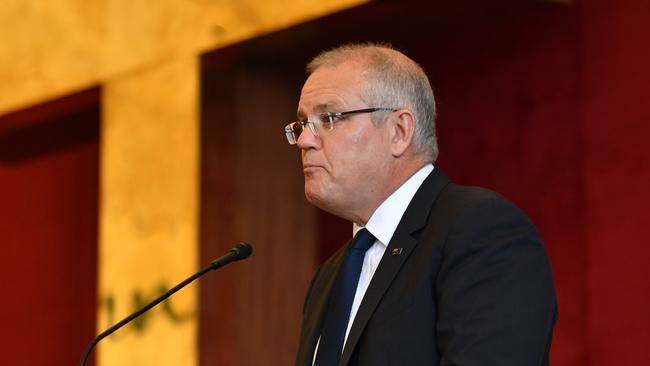
Religious Protections:
After same-sex marriage was legalised in December 2017, the Coalition pledged to consider new religious discrimination laws to strengthen protections for individuals and faith groups against unintended consequences in workplaces and schools.
A religious freedom review expert panel led by former attorney-general Philip Ruddock was established to examine whether Australian law adequately protects the human right to freedom of religion.
After Scott Morrison replaced Malcolm Turnbull, the panel’s report and government response about the need to clarify and strengthen protections for religious groups and people of faith was released in December 2018.
Ahead of the 2019 election, Morrison announced he would legislate a Religious Discrimination Act in the next term of parliament.
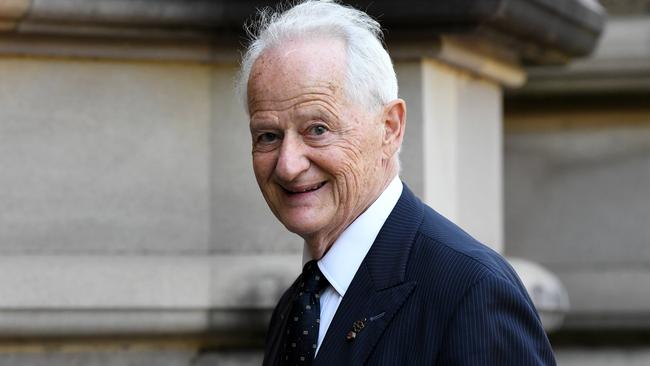
Religious Discrimination Bill and associated legislation:
Over two years, Christian Porter and Michaelia Cash have released several exposure drafts of the bill following consultation with faith leaders, employer groups, schools and LGBTI representatives. At the onset of Covid-19 in 2020, the bill was put on ice as the government shifted its focus to the pandemic.
After being introduced into the parliament in November, the legislative package was referred to the Parliamentary Joint Committee on Human Rights and the Legal and Constitutional Affairs Legislation Committee for inquiry late last year. The committees reported back on February 4 recommending the legislation be considered for passage through the parliament.
The bill is designed to protect individuals from direct or indirect discrimination as a result of their religious belief or activity across workplaces, schools, universities, venues and in the provision of goods and services.
It is modelled on existing Commonwealth anti-discrimination law covering age, disability and sex discrimination. The legislation provides the same level of protection for “religious belief or activity” as other discrimination laws provide for relevant protected attributes.
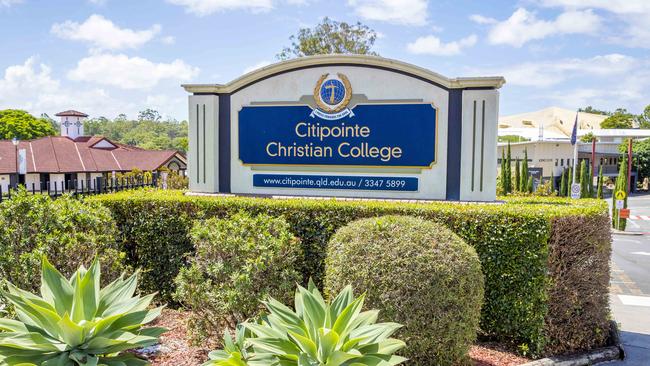
The legislation says a person will be subject to unlawful discrimination if they hold or engage in a religious belief or activity (including a lack of religious belief), are victims of direct or indirect discrimination by qualifying bodies or in their workplace or school. Religious groups can preference people of the same faith in workplaces.
The bill will override certain state and territory laws and protect statements of belief, which are made in good faith and are not “in and of itself discrimination under any Australian anti-discrimination law”. It does not apply to statements of belief that are malicious or that a reasonable person considers would threaten, intimidate, harass or vilify a person or group.
A Religious Discrimination Commissioner will oversee complaints and implementation of a Religious Discrimination Act.
Amending the Sex Discrimination Act:
The government will seek to amend subsection 38(3) of the Sex Discrimination Act to prohibit religious schools from expelling students on the basis of their sexual orientation.
Other exemptions in the SDA, such as those covering staff at religious schools, will be considered by the Australian Law Reform Commission’s review into the framework of religious exemptions in anti-discrimination law, which will report 12-months from the date of the religious discrimination.
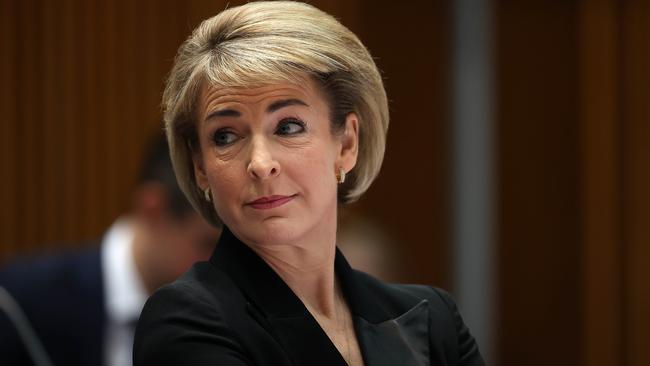
Where the major parties line up:
COALITION:
Scott Morrison has 5 Senate sitting days before the election to push the religious discrimination bill and SDA amendment through the parliament. The government has indicated it will try and ram the legislation through the parliament by the end of this week.
Moderate Liberal MPs including Angie Bell, Katie Allen, Fiona Martin and Dave Sharma have expressed support for the SDA amendment. Three of the four MPs said that would ensure they vote in favour of the religious discrimination bill in the lower house. Three moderate Liberal MPs, Bridget Archer, Warren Entsch and Trent Zimmerman, are unlikely to back the bill regardless of the SDA amendment.
Conservative Liberal MPs, including frontbenchers, have raised concerns about the need for the SDA amendment.
Rogue Coalition senators Gerard Rennick, Alex Antic and Sam McMahon have indicated they will forgo their decision to withhold their vote from the government, in protest against vaccine mandates, when the RDA arrives in the Senate.
If the government is unable to secure enough numbers inside the Coalition party room, they will rely on Labor to secure passage for the religious discrimination bill and SDA amendment.
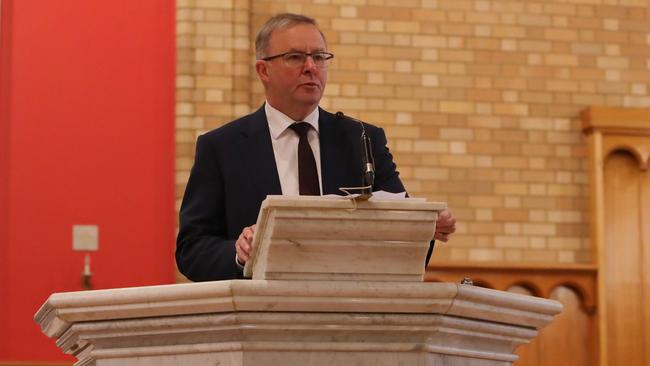
LABOR
Labor is yet to land on a final position on the religious protections legislation.
After Bill Shorten weaponised faith during the 2019 election campaign, Labor suffered swings to the Coalition in 8 of the 10 multicultural and faith-based electorates which voted No in the 2017 same-sex marriage plebiscite. Seven Labor frontbenchers are in electorates that voted No.
Following the election defeat, Anthony Albanese and senior Labor MPs said they would support a religious discrimination bill.



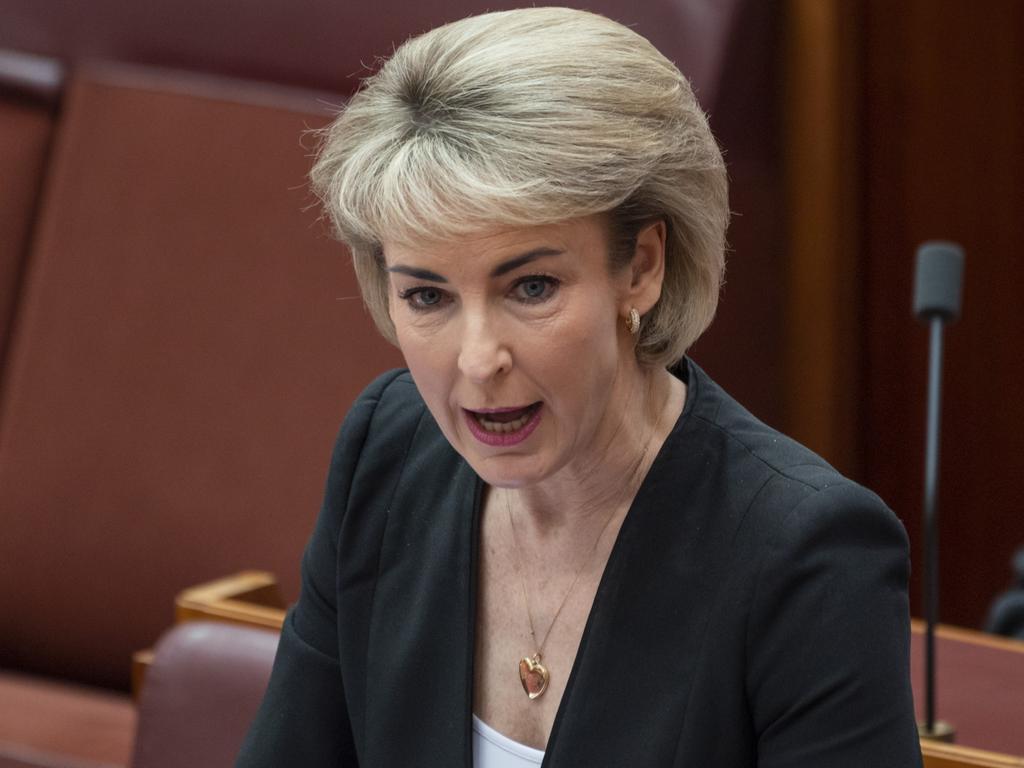
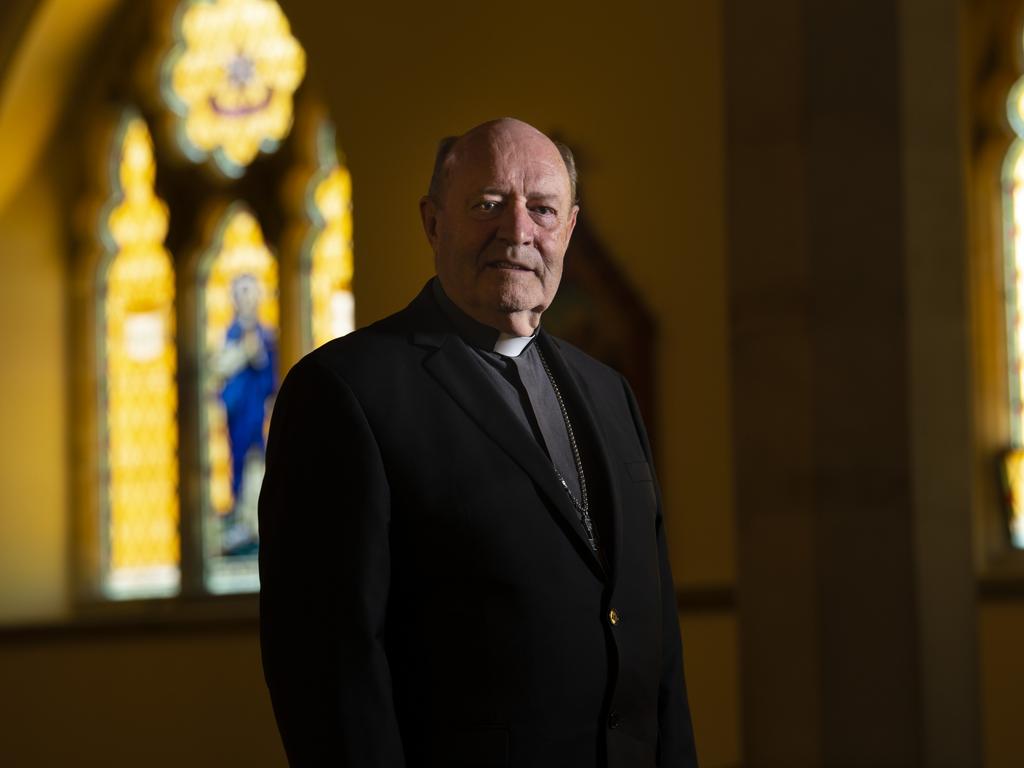



To join the conversation, please log in. Don't have an account? Register
Join the conversation, you are commenting as Logout